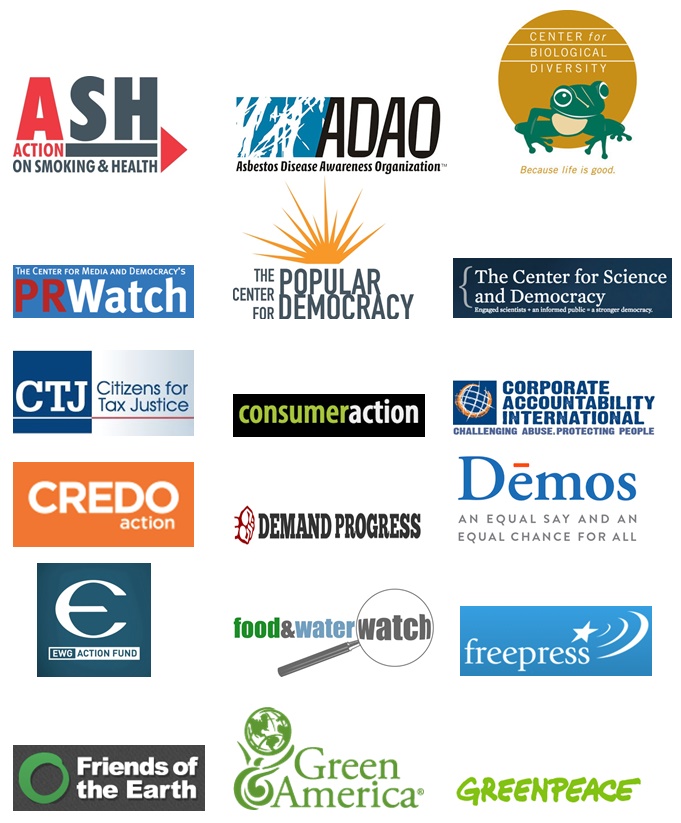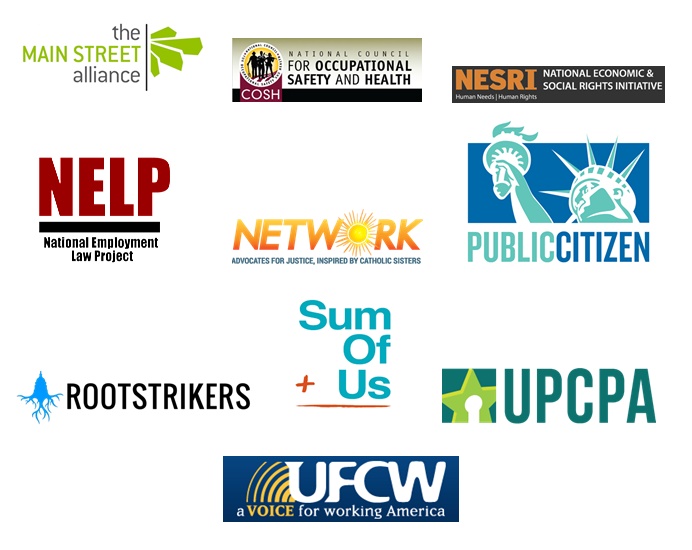Statement of Principles
U.S. Chamber of Commerce Watch Statement of Principles
The United States Chamber of Commerce is the nation’s largest lobbyist, having spent over $1.2 billion on lobbying activities since 1998. While the Chamber claims to represent the interests of more than 3 million American businesses including “mom-and-pop shops” and pursue an agenda aimed at helping “revitalize the American economy, create jobs, spur growth, and lift incomes,” the reality could not be more different.
In fact, the Chamber primarily represents the interests of big business. Indeed, 90% of its claimed members are linked to the Chamber only through their membership in an affiliated state or local chamber of commerce. And Chamber president Thomas Donohue has admitted that small firms “provide the foot soldiers, and often the political cover, for issues big companies want pursued.”
The Chamber’s agenda, despite its lofty claims to the contrary, has little to do with improving the American economy and everything to do with improving the bottom lines of the Chamber’s multinational donors who supply the lion’s share of financial support to the Chamber. Repeatedly, the Chamber has lobbied and/or litigated against environmental protections, against action on climate change, against whistle-blower protections, to restrict consumers and workers’ access to the civil justice system, against consumer and worker protection regulations, against efforts to reduce tobacco consumption, against political spending disclosure, against incorporation transparency legislation ,against financial reform, against efforts to restrict multinationals from exploiting tax loopholes, and against a living wage.
We, the undersigned organizations, call on the United States Chamber of Commerce to:
I. Disclose the original sources of the donations it receives as well as the original sources of monies it spends on specific election campaigns or directs toward specific lobbying campaigns.
II. Recognize the danger posed by climate change and the need to promote sustainable businesses.
III. Recognize that paying employees a living wage improves productivity and worker retention in addition to stimulating the American economy.
IV. Recognize that limiting the size and risk profiles of large financial institutions is necessary to safeguard the global economy.
V. Recognize that access to the courts and environmental, consumer, public health, and worker protection laws and regulations are essential to creating and preserving a large and healthy middle class.
VI. Recognize that the tax code should not favor large multinationals over small businesses and every day Americans.
If the Chamber is truly serious about representing the interests of all businesses, revitalizing the American economy, creating jobs, spurring growth, and lifting incomes, then it will endeavor to adopt these principles as part of its agenda.


